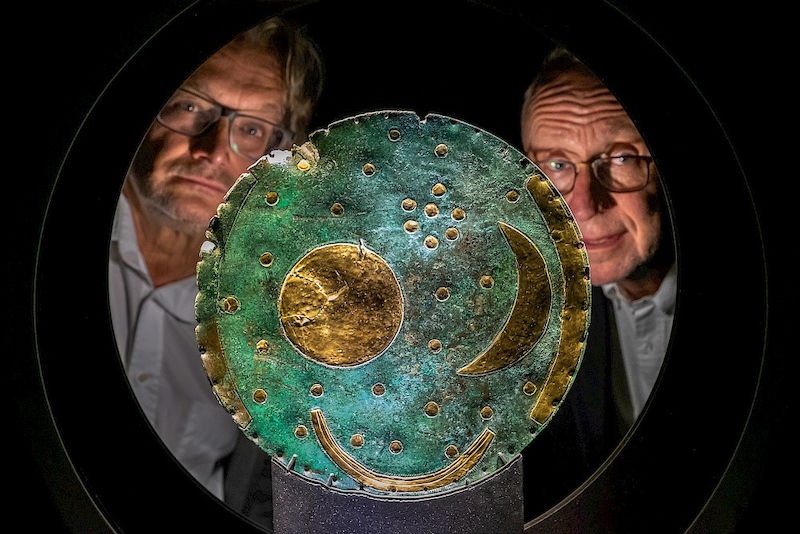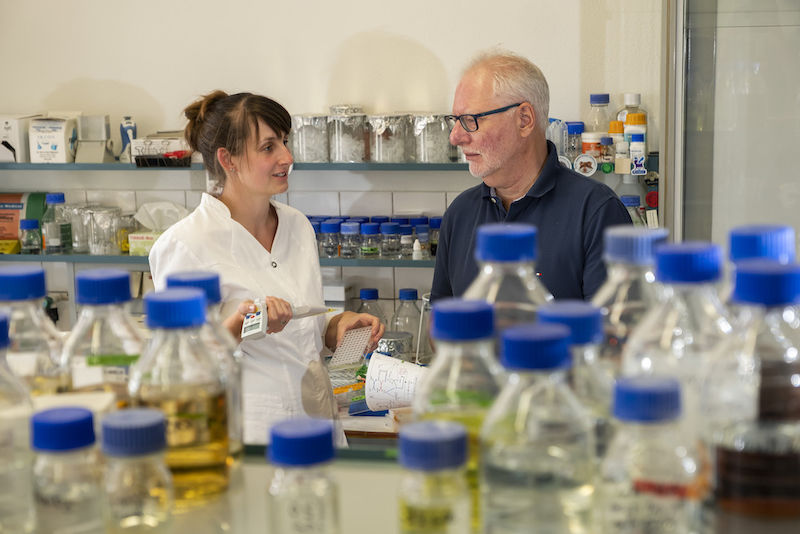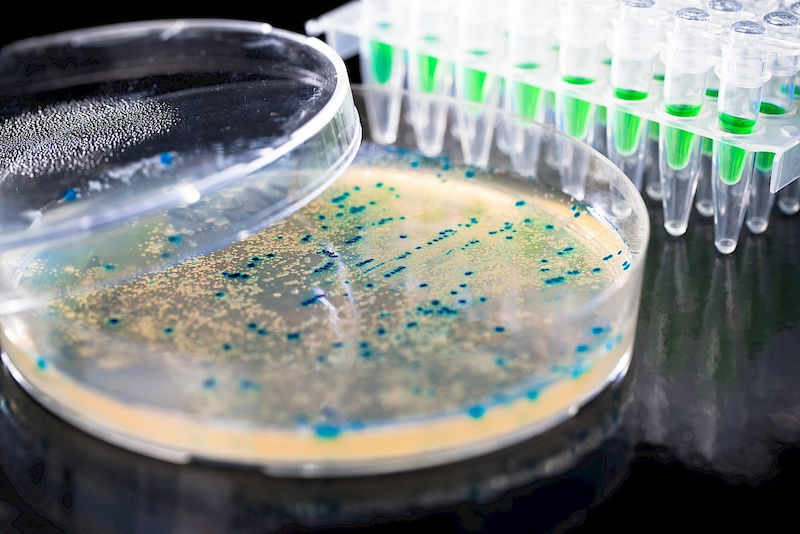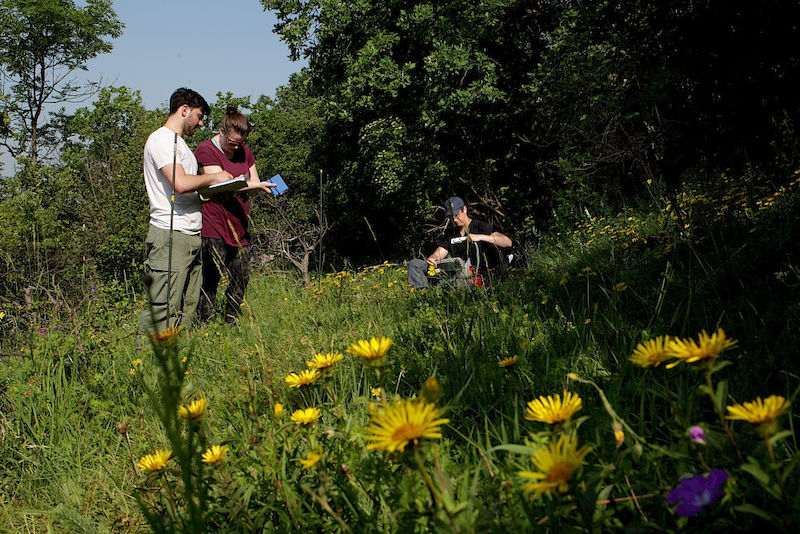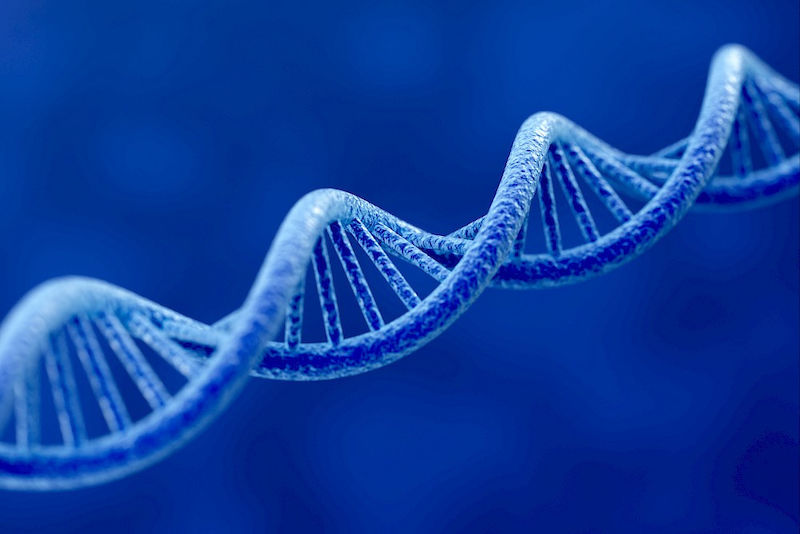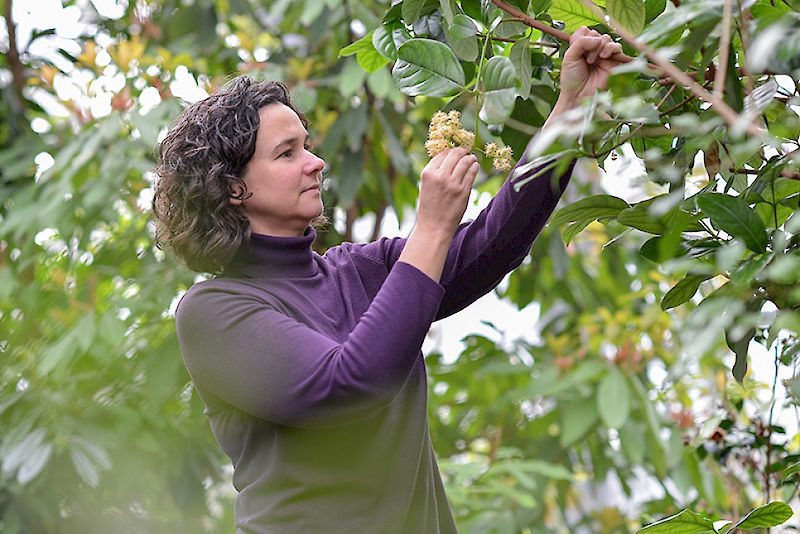
Perceptual pitfalls
Data from citizen science projects are of great value for research but can potentially lead to skewed results. This was the finding of a study done in collaboration with the University of Halle. What does this mean for such projects? A conversation with co-author Professor Jonathan Chase and Dr Sabrina Träger, who coordinates the German part of a citizen science project on cowslip. Read more

